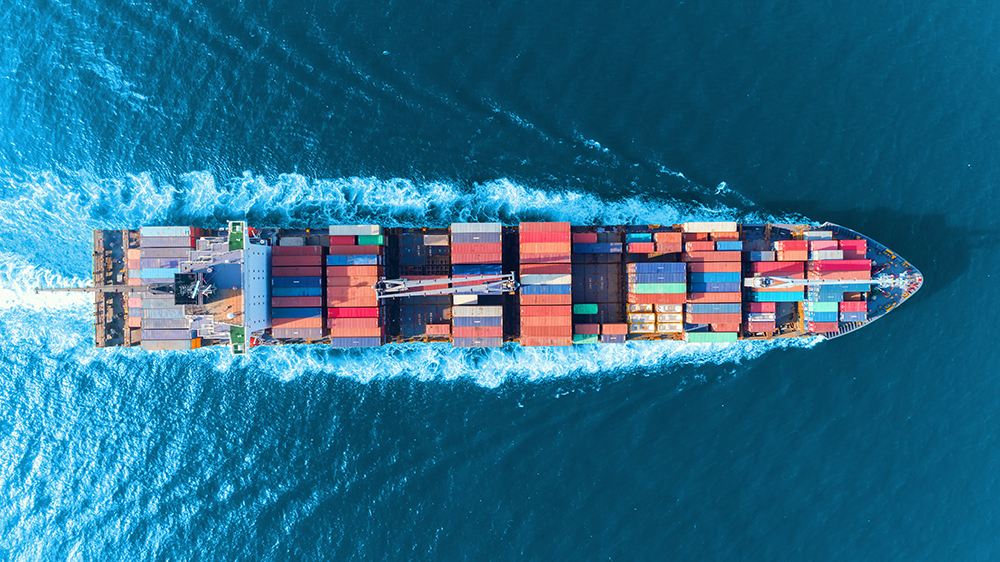Implementation of EU Carbon Border Adjustment Mechanism starts in October creating new obligations for importers

The implementation of the EU’s Carbon Border Adjustment Mechanism (CBAM) will begin on 1 October. CBAM is a new kind of EU policy tool that imposes an emissions-based price on certain products from outside the EU equivalent to that imposed by the EU emissions trading scheme on similar products manufactured in the Union.
The CBAM Regulation defines in more detail the specific CBAM products that the mechanism will apply to. The products covered by CBAM include products from sectors such as aluminium, cement, fertilisers, hydrogen, imported electricity, as well as iron and steel and certain products made from them, such as screws.
CBAM will be introduced in two phases. In the first phase starting at the beginning of October 2023, importers will report the emissions of their CBAM goods. In the second phase from 1 January 2026, the collection of payments under the CBAM will begin.
The obligations under the mechanism apply to all companies and individuals importing CBAM products. These include all imports from outside the EU, including gifts and products ordered online. The obligations apply, with certain exceptions, to all consignments of CBAM goods with a value of over EUR 150.
The purpose of the Carbon Border Adjustment Mechanism is to prevent carbon leakage, i.e. the transfer of emissions-intensive industrial production from the EU to countries with less stringent climate standards. The mechanism is part of the European Green Deal’s ‘Fit for 55’ package and it aims to reduce greenhouse gas emissions in the EU and globally.
Importers of CBAM goods must obtain emission data from third countries
The introduction of the mechanism will impose new obligations on importers. The importer must determine whether the imports are CBAM goods covered by the mechanism and ensure that the necessary information required for CBAM reports during the transitional period is available from the manufacturer or seller of the goods.
The quarterly reporting required by the implementation of the mechanism applies to products defined in the CBAM Regulation that are imported into the EU customs territory.
All companies and individuals importing CBAM goods are subject to the reporting obligation. If the importer fails to report emissions or does it insufficiently, the authority may impose penalties on the importer. It has been proposed that the executive authority for implementation of CBAM in Finland would be Finnish Customs. A legislative proposal on the implementation is scheduled to be submitted to Parliament in October.
CBAM reports will be submitted to the European Commission via the electronic CBAM Transitional Registry. The report contains information on the quantity of the imported CBAM goods, their direct and indirect emissions and, if applicable, carbon price paid in the country of origin.
The importer has an obligation to obtain the emissions data of imported CBAM goods from operators in third countries. The methodology for calculating emissions for different products is defined in the EU Implementing Regulation and its annexes for the transitional period.
At the beginning of 2026, imports of CBAM goods will become subject to authorisation and importers will be required to buy CBAM certificates corresponding to the carbon price of the products.
Inquiries:
Saana Takamäki, Senior Specialist, Ministry of Economic Affairs and Employment, tel. +358 295 047 286
Juhani Tirkkonen, Senior Ministerial Adviser, Ministry of Economic Affairs and Employment, tel. +358 295 062 140
Eleonoora Eilittä, Senior Specialist, Ministry of Economic Affairs and Employment, tel. +358 295 047 235
Information, guidance and learning materials on CBAM on EU Commission website
National legislative information on CBAM on Ministry of Economic Affairs and Employment website



